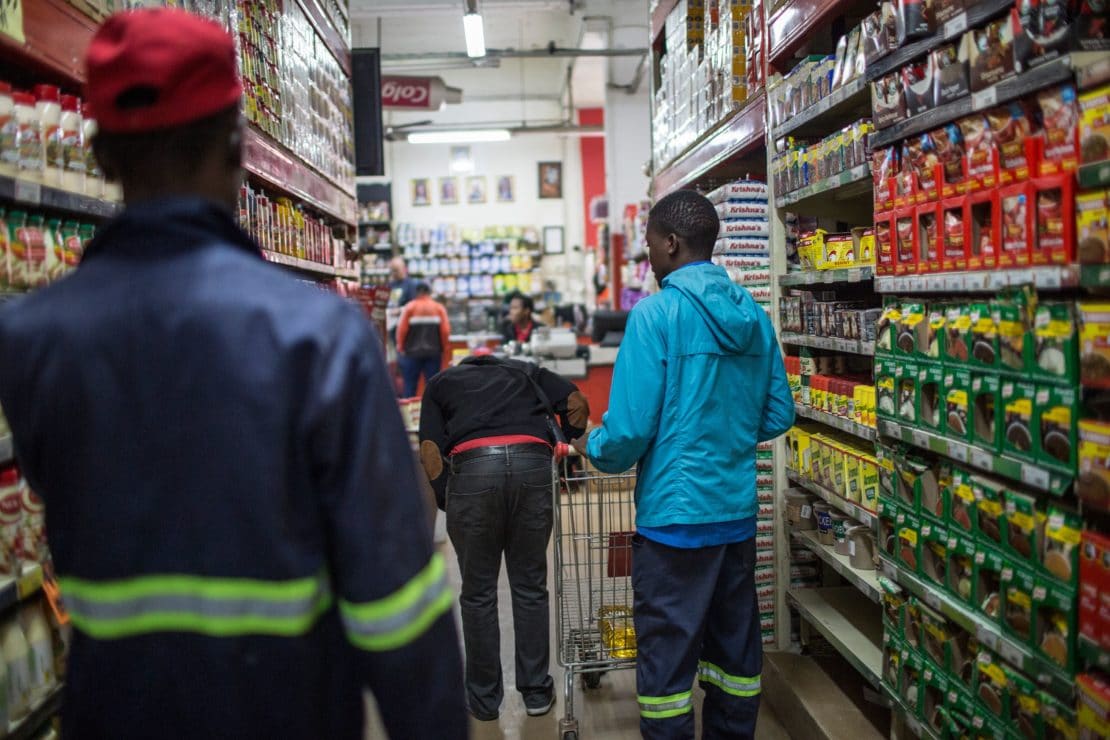
South Africa’s annual average consumer inflation slumped to a 16-year low in 2020 as a government shutdown of the economy to stop the spread of the coronavirus extended a six-month recession.
Statistics South Africa said the consumer price index (CPI) averaged 3.3 percent, the lowest annual average rate since 2004, and the second lowest since 1969, dampened by a strong rand and subdued economic activity.
For December, annual inflation came in at 3.3 percent, slightly lower than November’s reading of 3.2 percent. The monthly increase was 0.2 percent, up from zero in November, mainly as a result of food and non-alcoholic beverages with monthly increases of 6 percent and 0.5 percent respectively.
CPI has remained within the South African Reserve Bank’s 3%-6% target band since July.
The outbreak of Covid-19 forced many governments to shatter economies and close borders as authorities sought to stop its spread following the discovery of the first cases in Wuhan, China. A second wave of infections in December forced President Cyril Ramaphosa to re-impose some restrictions.
Economists are forecasting a contraction of about eight percent in gross domestic product for Africa’s second largest economy and a rebound this year.
But they warn that recovery is now being threatened by continued lockdowns and worsening power shortages.